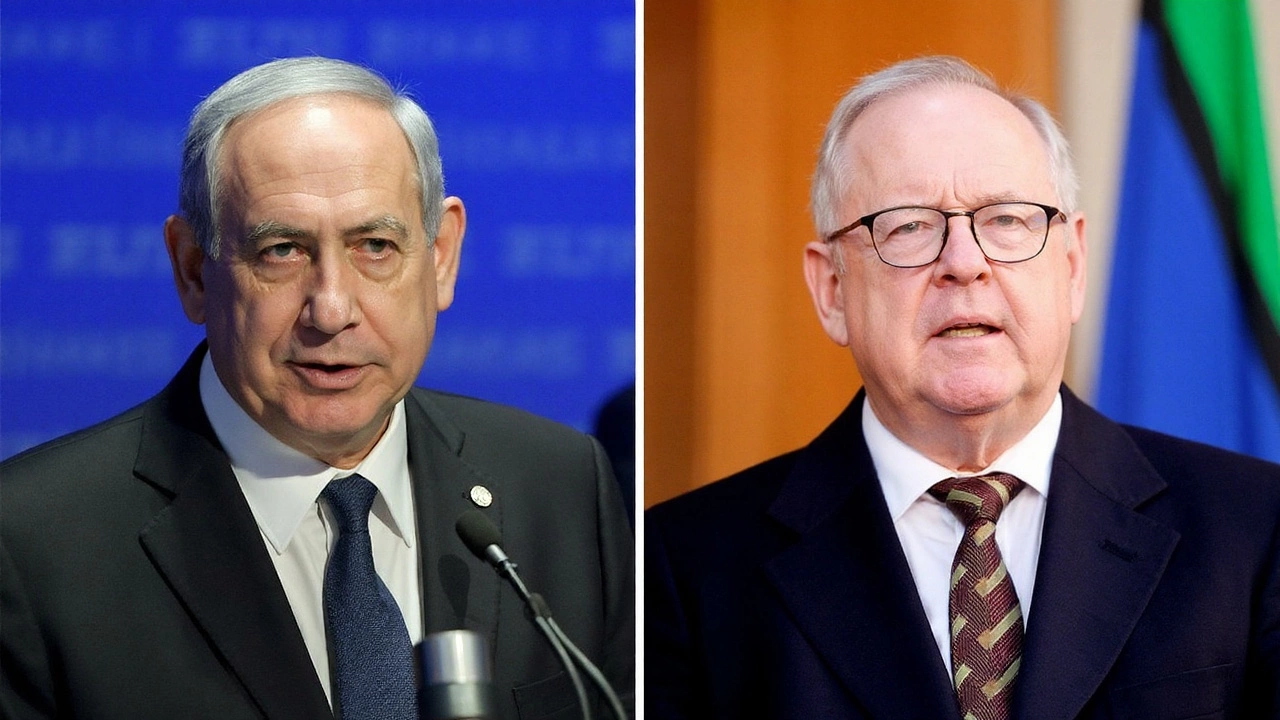Australia Antisemitism: Current Reality and Steps Forward
Ever wonder why antisemitic hate still pops up in a country known for its multicultural vibe? Australia has seen a steady stream of incidents—online slurs, vandalised synagogues, and even physical attacks. The numbers might surprise you, but the pattern is clear: prejudice is alive, and it needs a real response.
First, let’s get the facts straight. According to the Executive Council of Australian Jews, reports of antisemitic incidents have risen by more than 30% over the past five years. Most cases involve harassment or hate speech, but there are also disturbing examples of property damage and threats against individuals. The Australian government tracks these crimes through the Australian Crime Statistics Agency, and the data shows a noticeable spike during major international conflicts that involve Israel.
Recent Incidents and Trends
In 2023, a well‑known Melbourne synagogue was defaced with swastikas just days after a heated political debate aired on national TV. The same year, a university student group faced a wave of antisemitic memes on social media, prompting the campus to launch a new harassment policy. These stories aren’t isolated—they echo a global rise in online hate that spills over into real‑world actions.
What fuels this surge? A mix of overseas propaganda, conspiracy theories, and domestic political rhetoric. Social platforms make it easy to share hateful memes, and algorithmic echo chambers can amplify them fast. At the same time, some fringe political groups still use antisemitic tropes to rally support, confusing younger Australians who might not yet recognize the danger.
Legal tools exist, though. The NSW Anti‑Discrimination Act and similar laws in other states make it illegal to incite hatred against a religious group. The federal government also funds the Australian Human Rights Commission to investigate hate crimes. Yet many victims report that police response can be slow, and perpetrators often slip through without serious consequences.
How Communities and Individuals Can Act
If you’re part of a school, workplace, or local club, start by creating clear anti‑hate guidelines. A simple policy that says antisemitic jokes or symbols are not tolerated can set the tone. Encourage anyone who feels targeted to report the incident—many organisations now have anonymous reporting tools that protect the complainant’s identity.
Education is another powerful weapon. Host a talk with a local Jewish leader or community group to debunk myths and share personal stories. When people hear real experiences, the abstract hatred loses its grip. Look for resources from the Australian Jewish Community Relations Council; they offer ready‑made workshops and flyers you can adapt.
On a personal level, keep an eye on your own social feeds. If you spot a hateful meme, report it to the platform and call it out—sometimes a single comment can stop the spread. If a friend shares antisemitic content, ask them why they think it’s okay and share a fact‑checked source. You don’t have to become an expert, just willing to challenge the narrative.
Finally, support victims. Whether it’s donating to a local Jewish charity, volunteering at a community centre, or simply checking in with someone who’s been targeted, your help matters. Small actions add up, and they send a clear message: hate has no place in Australian society.
Antisemitism won’t disappear overnight, but by staying informed, speaking up, and building inclusive spaces, we can keep the tide turning. The next time you hear a hateful comment, remember that you have the power to stop it in its tracks.

Netanyahu’s Ultimatum to Australia: Rosh Hashanah Deadline Over Antisemitism
Israeli Prime Minister Benjamin Netanyahu has given Australian Prime Minister Anthony Albanese until Rosh Hashanah to act on a surge of antisemitic incidents. The stern letter, citing arson attacks and violent protests, marks a sharp escalation in Israel‑Australia ties amid broader Middle‑East policy disputes.